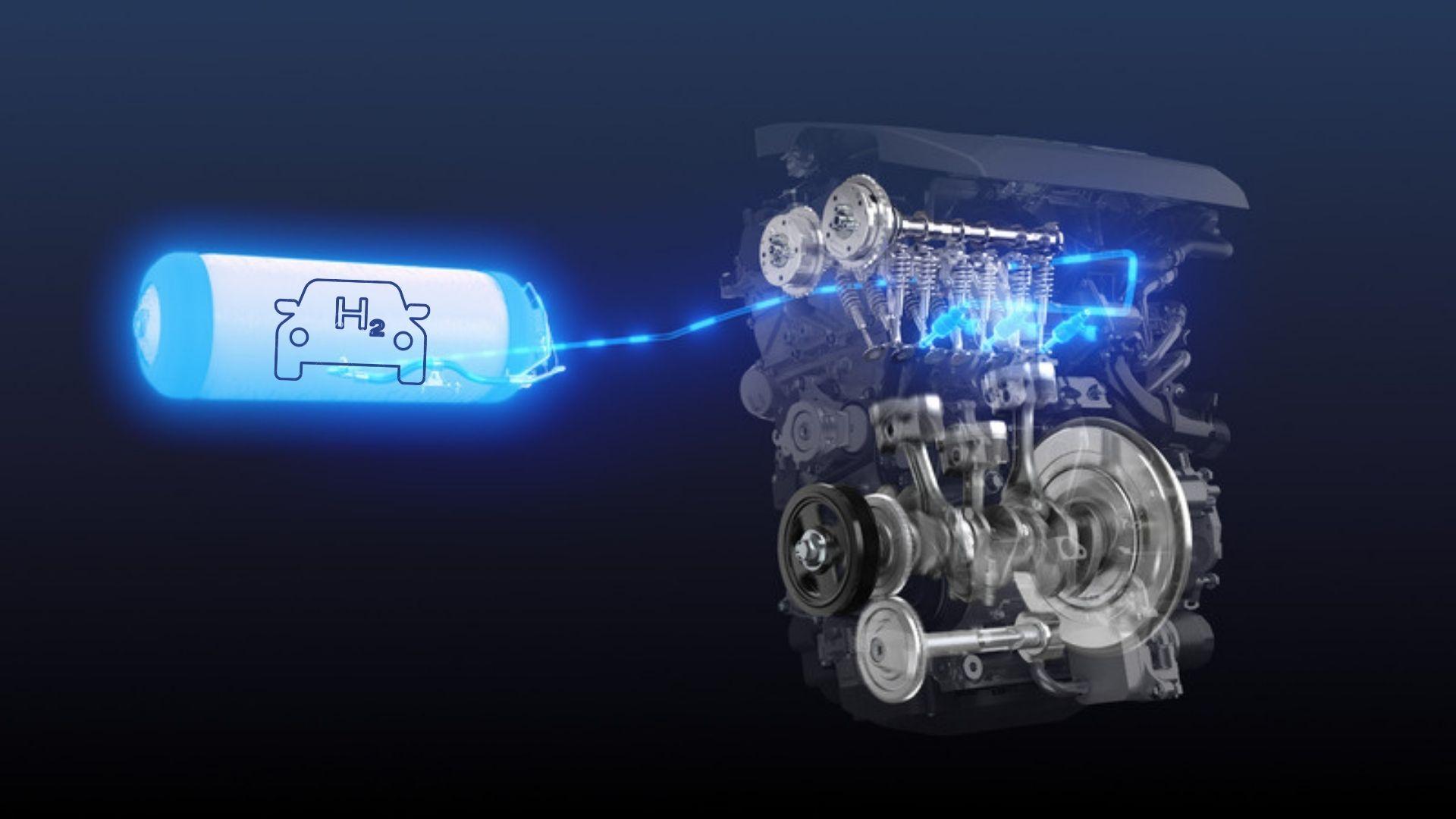In an era of rapidly advancing technology and increasing concern about changing climatic conditions, hydrogen fuel has provided a promising option to replace traditional fossil fuels. This article explores the capability of hydrogen to act as a clean and efficient energy source for use in internal combustion engines (ICEs), highlighting its benefits, challenges, and the part it could play in reshaping the future of transportation.
Hydrogen, considered one of the most common elements in the universe, potentially carries a large amount of energy with it. Recent developments have showcased the potential of using hydrogen directly in internal combustion engines, allowing for the utilization of existing infrastructure and technology. Hydrogen offers several advantages while being used as a fuel for ICEs.
Its high energy density provides a greater range compared to conventional batteries, making it a compelling option for long-haul transportation. Furthermore, hydrogen can also be produced from alternate green energy sources (Renewable Energy sources), which also ensures zero to almost no greenhouse gas emissions.
While hydrogen fuel holds immense promise, it faces certain challenges too. These include the need for significant investment in production, storage, and distribution infrastructure, as well as the cost associated with compressing or liquefying hydrogen. However, ongoing research and advancements are addressing these hurdles. Improved production methods, such as electrolysis powered by renewable energy, and innovative storage and transportation technologies are mitigating these challenges.
Hydrogen-powered internal combustion engines have found applications in various sectors, including heavy-duty transportation, such as trucks and buses. By leveraging existing engine technology and infrastructure, hydrogen offers a viable option for reducing emissions and transitioning away from fossil fuels. Additionally, blending hydrogen with natural gas enables emission reductions in existing natural gas infrastructure.
While electric vehicles are gaining momentum, hydrogen still holds potential for the future of internal combustion engines. Hydrogen fuel engines and electric vehicles (EVs) are two sustainable alternatives to traditional internal combustion engines. Hydrogen engines utilize hydrogen gas and produce electricity through fuel cells or internal combustion, emitting only water vapor. EVs rely on rechargeable batteries to power an electric motor. As compared to Electric Vehicles, Hydrogen engines offer quick refueling making them suitable for long-distance travel.
However, limited hydrogen refueling infrastructure poses a challenge compared to the widespread availability of charging stations for EVs. EVs benefit from an established charging network and advancing battery technology, leading to increased driving range and affordability. Both options contribute to reducing greenhouse gas emissions when powered by renewable energy. The choice between hydrogen engines and EVs depends on factors such as infrastructure, driving needs, and technological advancements.
Widespread adoption of hydrogen fuel cell vehicles can significantly reduce carbon emissions, particularly in sectors where battery-electric vehicles face challenges, such as long-haul trucking and aviation. Hydrogen-powered ICEs can serve as a transitional technology, facilitating the decarburization of transportation and providing a bridge to a fully renewable energy future.
Hydrogen fuel presents a compelling solution for the future of internal combustion engines. Its high energy density, zero emissions potential when produced from renewable sources, and compatibility with existing infrastructure make it a versatile and promising option. As technology and infrastructure continue to evolve, hydrogen-powered ICEs could play a vital role in creating a sustainable and cleaner transportation system.
Written By:
Asad Habeeb
Assistant Professor
Department of Mechanical Engineering
SGT University




